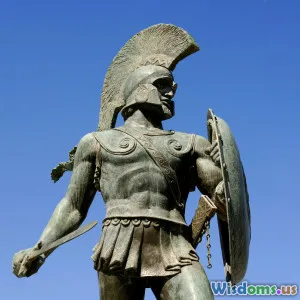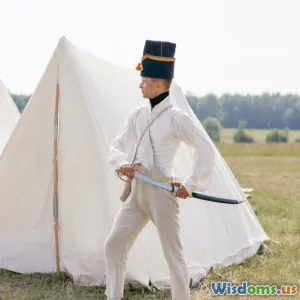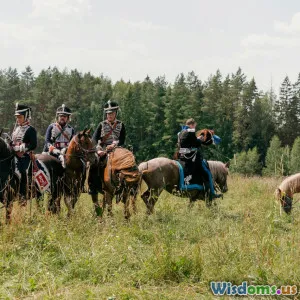
Can Cleopatra Be Considered the First Modern Politician
13 min read Explore whether Cleopatra's political strategies qualify her as history’s first modern politician, comparing her leadership with contemporary standards. (0 Reviews)
Can Cleopatra Be Considered the First Modern Politician?
Cleopatra VII remains one of history’s most intriguing figures, her story woven into tales of power, love, diplomacy, and tragedy. While popular imagination often dwells on her legendary romances and her fabled beauty, modern historians continue to uncover the queen's undeniable political genius. Some even argue that Cleopatra might have been the world's first truly modern politician. But what does it mean to be a “modern” politician, and how did Cleopatra’s strategies align with today’s standards of political maneuvering and statecraft?
Redefining Power: Cleopatra’s Brand of Rule
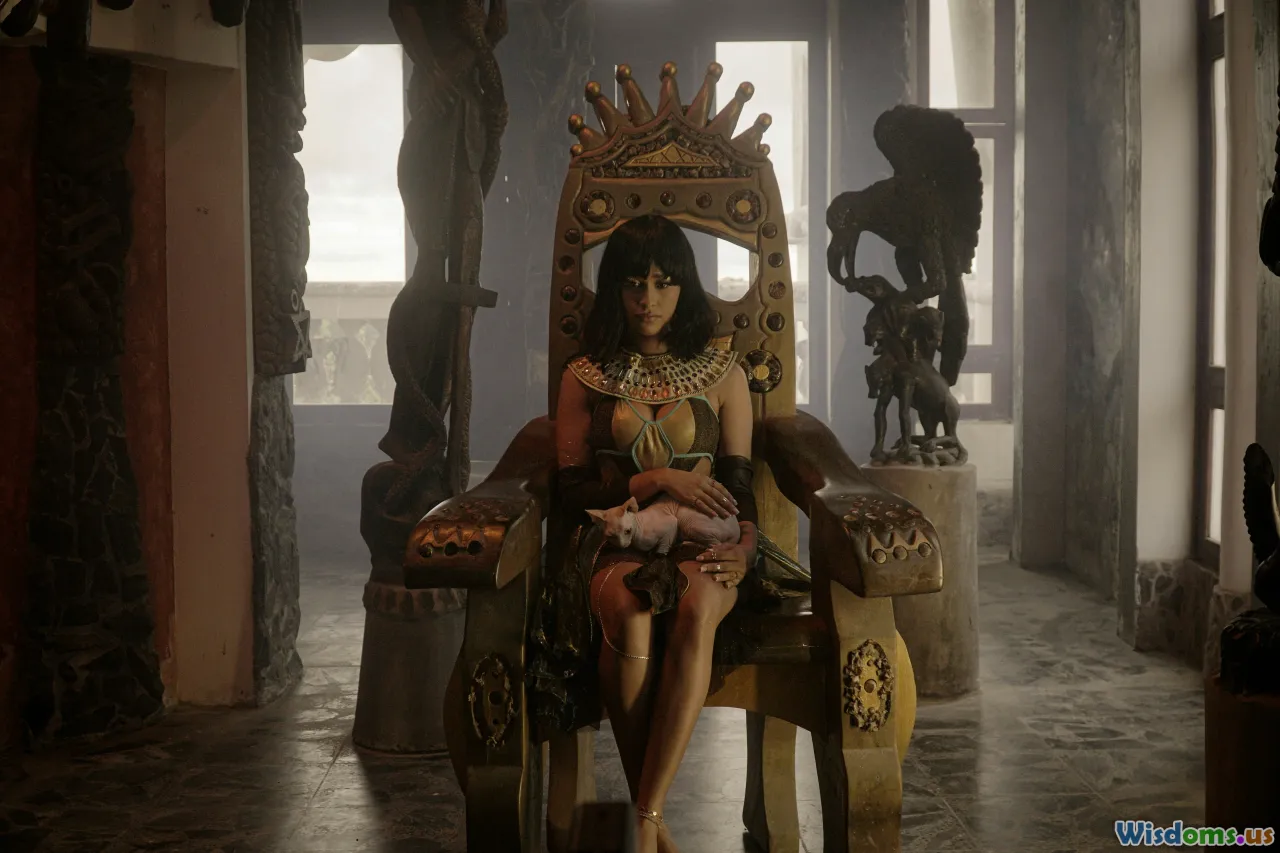
When Cleopatra ascended to the throne of Egypt at just eighteen, her kingdom was battered by internal strife and external intervention by the looming Roman Republic. Yet, unlike many of her predecessors (and even successors), Cleopatra cultivated an innovative, adaptable, and highly personalized approach to governance.
Embracing Egyptian Culture: A key example is her conscious adoption of Egyptian traditions, even though she was of Macedonian Greek descent. Breaking from her Ptolemaic forebears, Cleopatra mastered the Egyptian language, adopted local religious practices, and presented herself as the living incarnation of the goddess Isis. This cultural assimilation was not simply ceremonial—it was a deliberate strategy to win and unify a diverse population.
Rebranding the Monarchy: Her subjects saw her as a true Egyptian monarch, not a foreign ruler—a bold step that built public support. Modern politicians, too, often adjust their public image and rhetoric to better resonate with constituent identities and values, paralleling Cleopatra’s calculated investments in her image.
A Personal Touch in Diplomacy: Unlike the distant rulers before her, Cleopatra fostered direct relationships. She was known for her charismatic presence, employing conversations, banquets, and gestures imbued with symbolic meaning.
Master Strategist: Alliances and Realpolitik
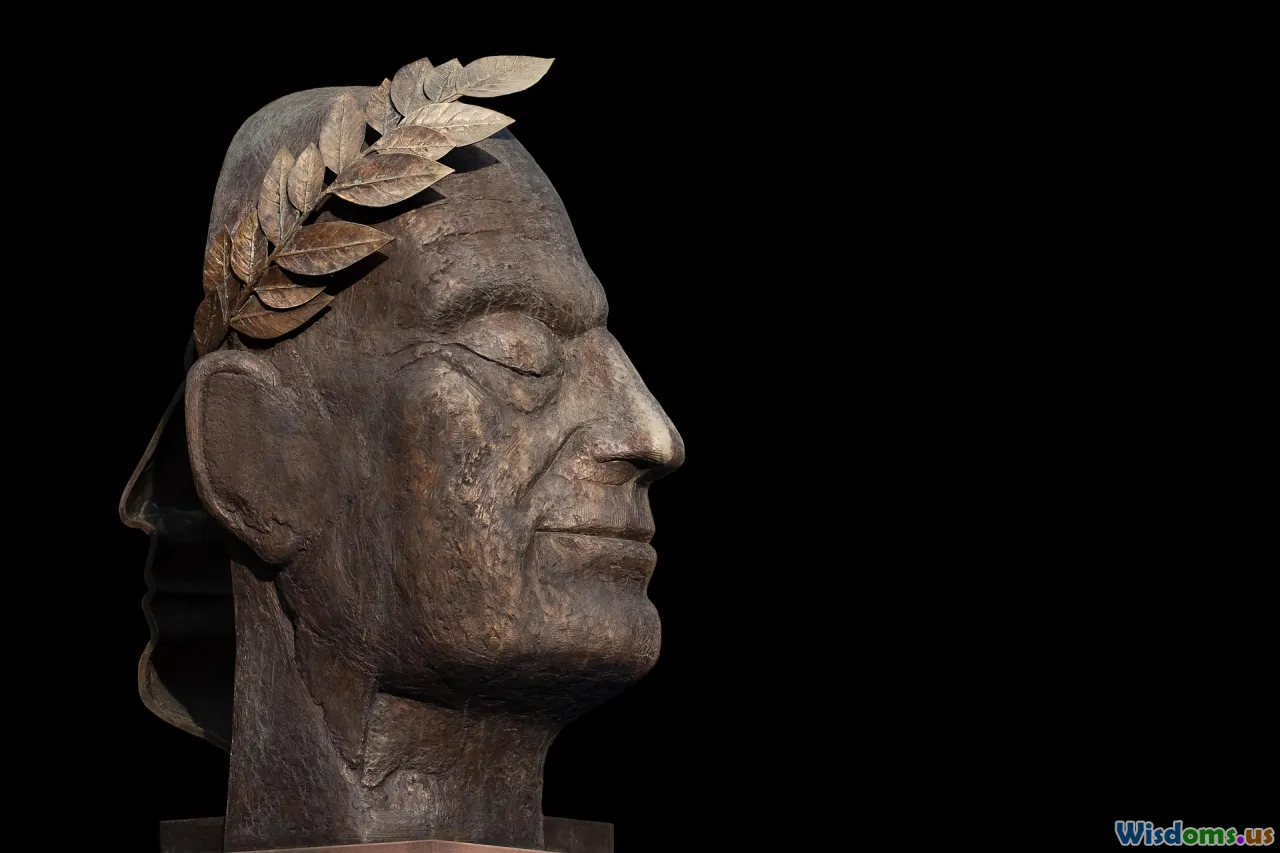
Modern politics is shaped by strategic alliances, shifting coalitions, and pragmatic decision-making. Cleopatra’s life was defined by such strategies, most conspicuously through her alliances with Julius Caesar and Mark Antony.
The Partnership with Julius Caesar: Facing exile from her capital by her own brother, Cleopatra made a dramatic entry to meet Caesar—famously being smuggled in via a rolled-up carpet. This gambit was not just theatrical; it was backed by a clear calculation of how an alliance with Rome’s most powerful man could secure her throne and guarantee Egypt's independence. Through the relationship, Cleopatra restored herself as queen, secured a valuable heir in their son Caesarion, and leveraged Egyptian wealth to invest in infrastructure and Egypt’s security.
The Alliance with Mark Antony: After Caesar’s assassination and the new Roman triumvirate’s ascension, Cleopatra pivoted swiftly, aligning herself with Mark Antony. The famed romance was, in reality, a shrewd political partnership. Together, they created a formidable eastern bloc, dividing their domains strategically and launching campaigns designed to expand their influence. Their union was a maneuver meant to counterbalance Roman conservative power back in Rome led by Octavian (the future Augustus).
Calculated Risks and Modern Parallels: Both alliances showcase traits common in today’s “modern” politicians: building multi-layered, interest-driven relationships and making bold, sometimes risky moves to achieve objectives. Leaders today often form a web of tactical partnerships—think Angela Merkel’s consensus-building across the EU, or the intricate dance of alliances in contemporary international politics.
Media Manipulation: The Power of Narrative

Control of public narratives is at the very heart of modern politics. Cleopatra mastered this centuries before social media or mass communications existed, establishing precedents for image-making, propaganda, and even branding.
Coinage as Propaganda: Cleopatra radically altered her depiction on the Egyptian currency. Earlier monarchs showcased idealized, remote likenesses—but under Cleopatra, coinage displayed a realistic, instantly recognizable portrait, sometimes even paired next to that of Antony, subtly promoting their union as a symbol of power. This tactic prefigured the use of mass media as a tool of statecraft, echoing modern politicians’ use of television ads, billboards, and digital platforms to imprint their image on the public psyche.
Mythmaking and Counter-Narratives: Cleopatra managed her legend carefully, blending fact and fiction about her intellect and divinity. Conversely, Roman adversaries, particularly Octavian, launched one of the world’s earliest smear campaigns—circulating rumors and horror stories to undermine her legitimacy and depict her as a dangerous enchantress. Astonishingly, plenty of the narratives that survive today—regarding asp-bites and charms—largely stem from political propaganda. Modern leaders must likewise navigate public relations battles, disinformation, and rival narratives, striving to shape public perception before their rivals do.
Foreign Policy: Balancing Between Empires
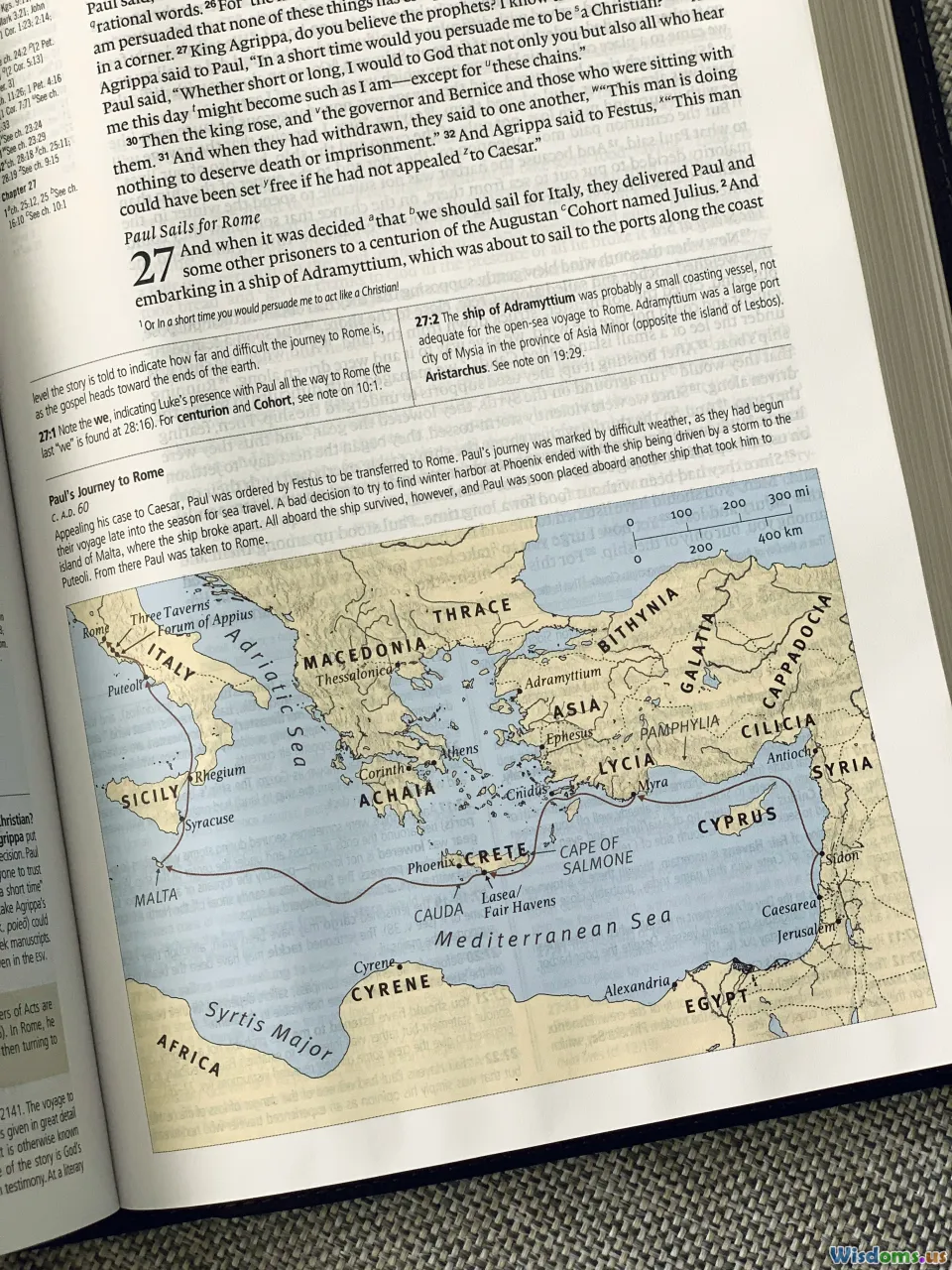
Today’s politicians are prized for their global perspective and strategic agility. Cleopatra governed a civilization positioned at the crossroads of the Mediterranean—a region brimming with commerce, culture, and conflict.
Diplomatic Balancing Acts: Egypt under Cleopatra was vastly weaker than Rome in raw military might, yet she maintained Egypt’s independence and relevance through diplomatic finesse. From negotiating trade rights to leveraging her empire’s grain, climate, and navigable Nile as political leverage, she recognized that survival depended not only on strength but on careful negotiation.
Maneuvering with Neighbors: Cleopatra maintained delicate relations with powers such as Parthia, Nubia, and Arabian kingdoms, balancing their ambitions to ensure Egypt’s stability and wealth continued to flourish.
Contemporary Relevance: This resonates with present-day political practice. Leaders of mid-sized states—like Singapore’s Prime Minister Lee Hsien Loong or Qatar's government—routinely navigate relations between dominant powers with nuance, maximizing their nation’s influence by leveraging economic and geographical strengths. Cleopatra was certainly ahead of her time in understanding power as multipolar, not monolithic.
Gender and Leadership: Breaking the Mold

Many consider modern politics inseparable from questions of inclusion, diversity, and challenging the boundaries of gender. Cleopatra’s ascent stands as an unparalleled historical case study.
Innate Challenges: Becoming sole ruler as a woman in a fiercely patriarchal world was a feat in itself, complicated by her need to assert authority not just locally but over male-dominated Roman power structures. She contended with sibling rivalry, purged opposition, and—unlike earlier Hellenistic queens—personally participated in political decision-making, policy, and warfare.
Presenting Competence Over Conformity: Cleopatra refused to be defined by her gender alone. She adopted both elements of femininity—deploying them as diplomatic assets when advantageous—and attributes conventionally coded as "masculine," such as direct command of armies and bold rhetoric. In this, there are echoes of modern leaders such as Margaret Thatcher, Indira Gandhi, and Jacinda Ardern, who operated within and against expectations simultaneously.
Setting Precedents: Ancient texts reveal repeated attempts to delegitimize her through double standards—accusing her of manipulation and licentiousness, charges frequently directed toward powerful women. This pattern is unmistakably persistent even in today’s political journalism and characterizations of female politicians. Cleopatra’s navigation of this landscape is arguably as modern as it gets, laying a framework for the many female leaders who follow.
The Art of Survival: Adapting Amid Peril
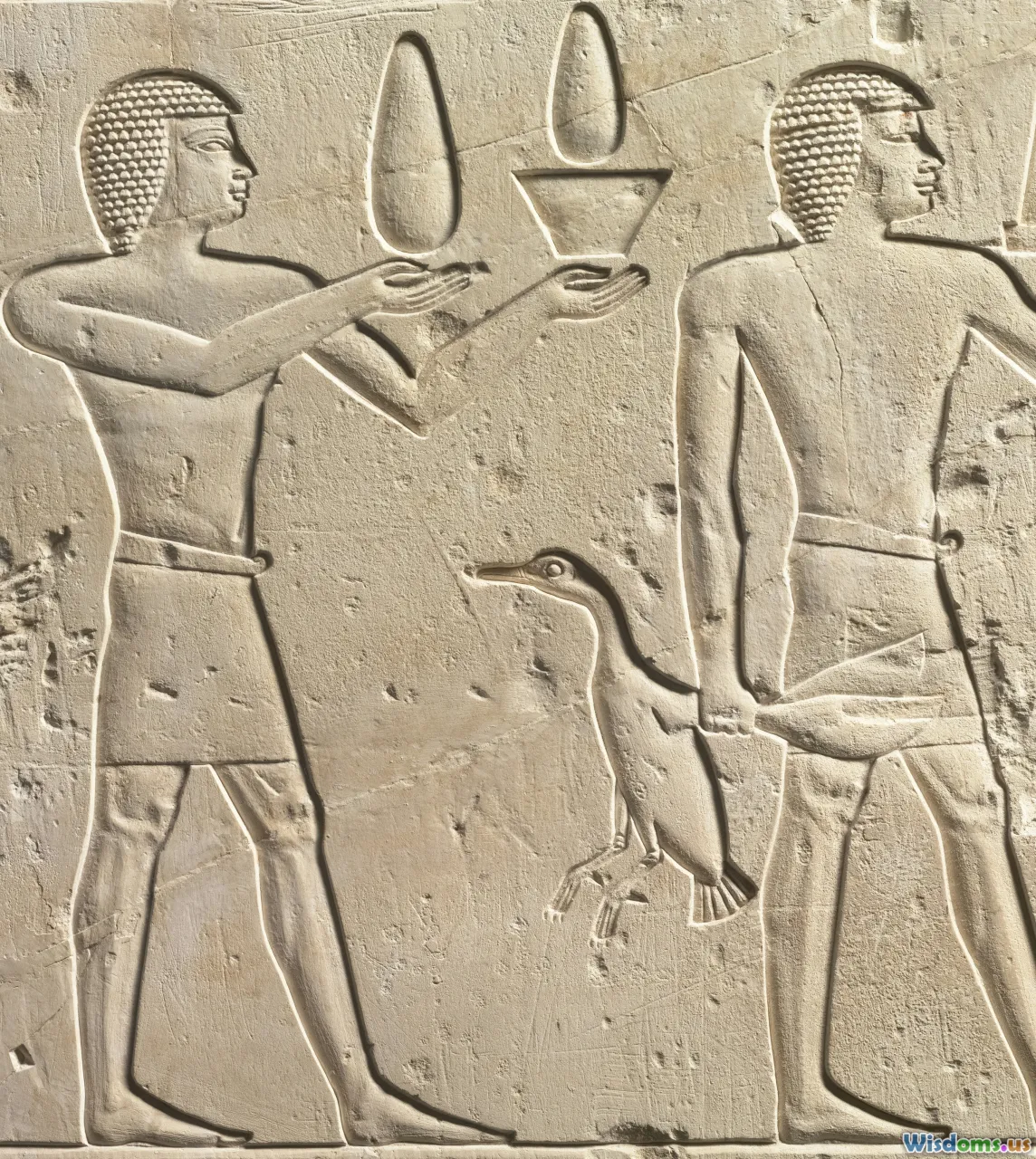
Political landscapes are ever-shifting, often punctuated by crises. Adaptability in chaos arguably defines today’s most effective leaders. Cleopatra’s ability to pivot in times of existential threat distinguishes her from many of her contemporaries, ancient or otherwise.
Restoring Egypt from the Brink: When her father’s reign ended, Egypt was devastated politically and economically. Through economic reforms—improving taxation, boosting agriculture by reopening canals, and securing trade—Cleopatra restored the economy and buttressed community morale. These strategies offered immediate relief and built longer-term resilience, earning popular support.
Weathering Rome’s Shifting Winds: Even in the face of overt Roman threats and the rise of more hostile Roman leadership, Cleopatra showcased remarkable pragmatism. Repeatedly, she recalibrated her approach, aligning her priorities and allegiances dynamically.
Learning for Today: Success in politics increasingly means surviving turbulent shifts—global pandemics, financial crises, unexpected leadership changes. Cleopatra demonstrates that those who endure, adapt, and innovate amidst risk are often those whom history remembers best.
Legacy and the Meaning of "Modern"
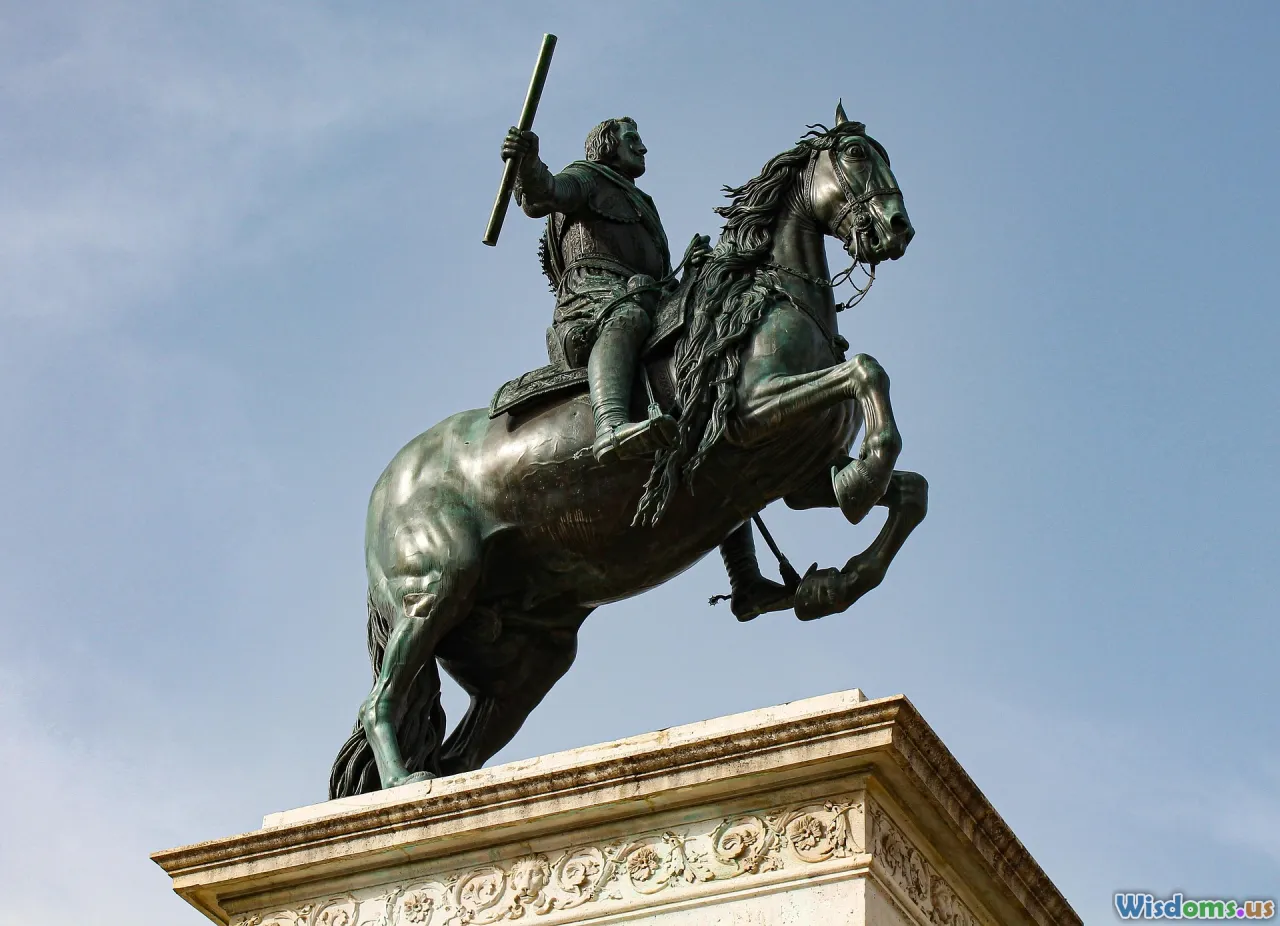
So can Cleopatra truly be called the first modern politician? Definitions matter. If “modern” means calculating alliances, crafting personal narratives, mastering public image, adapting to changing circumstances, and navigating complex international chessboards, then Cleopatra certainly laid the foundations of modern political practice centuries before others.
A Prototype for Today’s Leaders: Unlike static monarchs or hereditary rulers, she exercised agency, strategy, and innovation, defying the deterministic constraints of her time. Her legacy, though clouded by myth and propaganda, continues to be dissected and admired—used as a point of comparison for political behavior into the 21st century.
A Lasting Reminder: Ultimately, Cleopatra shows us that true political skill is about more than winning battles or captivating lovers. It lies in vision, cultural fluency, psychological insight, dynamic coalition building, and, above all, resilience. Those attributes make a leader truly modern—no matter the century in which she reigned.
Rate the Post
User Reviews
Other posts in Ancient Egypt
Popular Posts










